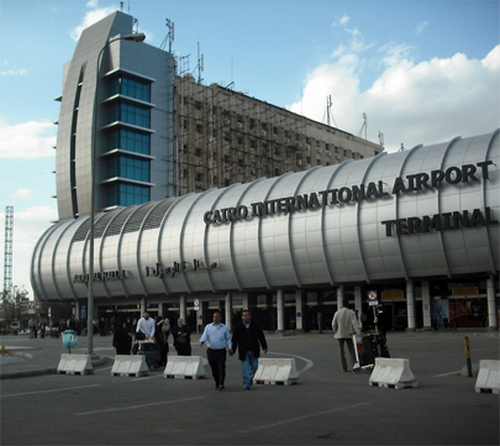WASHINGTON: Soaring global food prices are a wake-up call to action to avoid a new food crisis that would pitch millions more of the world’s poor into hunger, US researchers said Thursday.
Warning that prices were edging toward crisis levels seen in 2007-2008, the International Food Policy Research Institute urged policymakers to learn lessons from that crisis to prevent another one.
"Another food crisis can be prevented but urgent actions are needed," Shenggen Fan, IFPRI director general, told reporters at a briefing on a new study of the last food crisis.
Data shows the 2007-2008 food crisis emerged in a perfect storm of factors, according to the "Reflections on the Global Food Crisis" report released by the Washington-based institute.
The combination included increased energy costs, as oil prices skyrocketed to a record $147 a barrel in July 2008, and growing demand for biofuels that diverted food crops like corn (maize) into energy production.
A weaker dollar and trade shocks related to export restrictions, panic purchases, and unfavorable weather also contributed to the crisis, the researchers said.
Derek Headey, IFPRI research fellow and report co-author, said that many of the factors that caused the 2008 crisis also caused the 1974 commodity crisis "and some of these factors are again playing out in 2010."
The IFPRI researchers debunked popular explanations such as rising demand in China and India, falling agricultural yields or food stocks and speculation.
The study was published amid renewed volatility in and concern about food prices. Since June, the price of wheat has increased by 60 percent and maize by 50 percent, IFPRI noted.
It came a day after the United Nations’ Food and Agriculture Organization predicted global cereal production would drop 2.0 percent, reversing an earlier estimate of a 1.2 percent rise, driving up food prices.
The FAO said Wednesday the global import food bill was approaching the $1 trillion mark, and if it exceeded that mark, prices would be back to the record peaks set in 2008.
Fan said a global shared grain reserve should be set up to help the poor, with locations in rich countries as well as poor countries.
"Can China, India, the US and Canada donate some of their grains?"
To make such a system work, Fan said an international group would need to monitor the reserve network and decide how and when to release the stocks.

